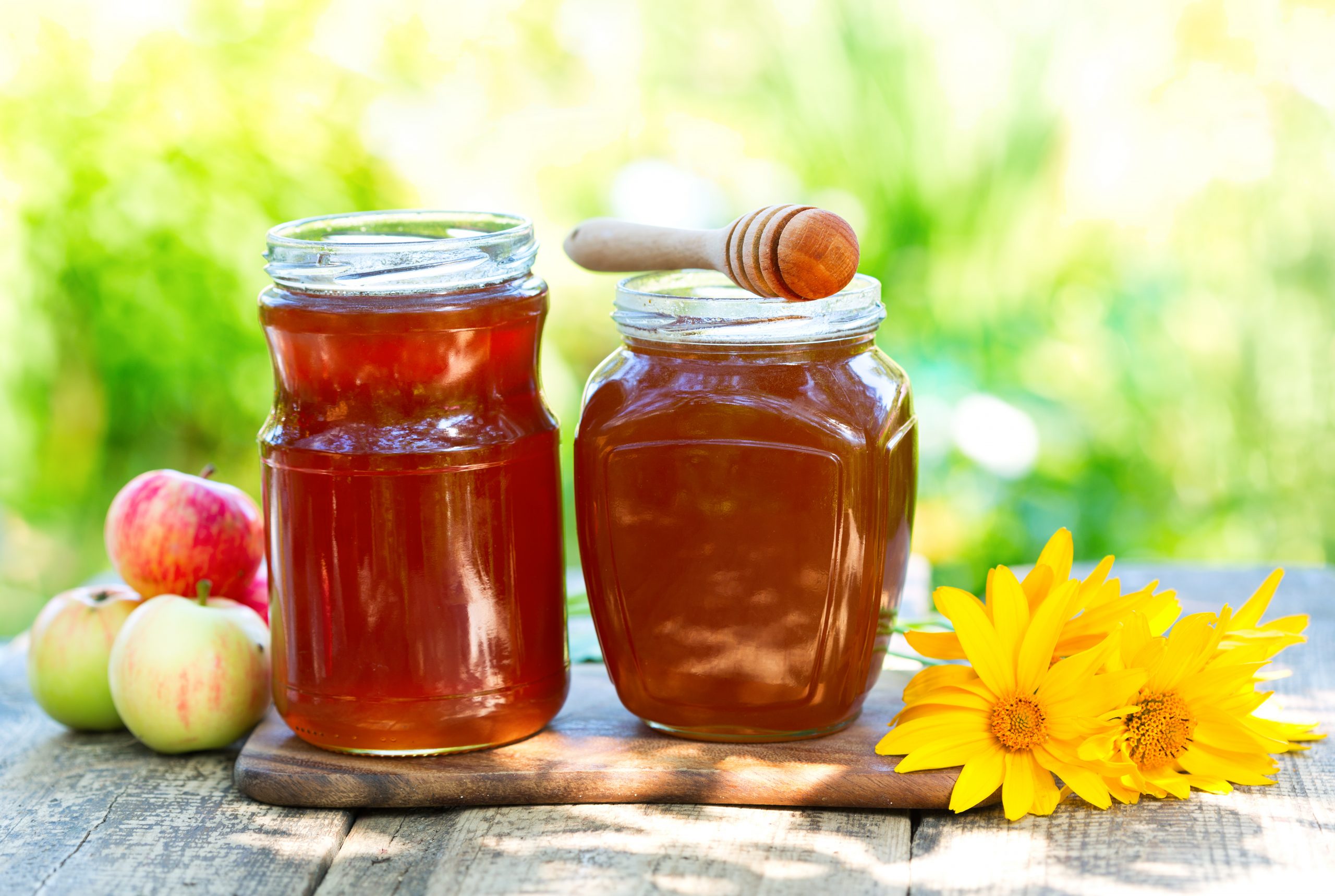It’s Honey Month!
September 15, 2015
September Starts National Honey Month in the U.S.
When we think about bees, we often think about the delicious, sticky honey they produce that we enjoy on our morning toast or in our cup of tea. While bees are most well-known for producing honey, we sometimes forget that bees are an important part of our lives for a number of other reasons, most importantly, being the pollinators for our country’s crops and the fruits and vegetables that adorn our dinner tables and feed our families almost every night.
September marks the beginning of National Honey Month, 30 days dedicated to celebrating and promoting the beekeeping industry, support for honey bee populations and, of course, honey. National Honey Month began in 1989 when the National Honey Board appointed the month as a time to celebrate what the Department of Agriculture calls “flying livestock.” Cities and towns across the country celebrate National Honey Month with parades, picnics, and many other events.
National Honey Month in the United States is not only a promotion for beekeepers and the industry, but also a celebration of one of the staples in many of our pantries. In addition, it serves as a time to educate and pay tribute to the bees that make crop and garden production possible. Bees are responsible for pollinating nearly one-third of all the food we consume in the country and, without them, it would be impossible for us to enjoy many of the foods that we love.
With the many obstacles facing bees today, it is important that everyone do what they can to support the population and make it possible for bees to continue to be the great pollinators that they are. Bee populations have been facing damaging spells of Colony Collapse Disorder, varroa mite infestations, disease, and lack of shelter and food supply for the last number of years. Whether you are a beekeeper, farmer, or backyard gardener, you can take some simple steps to help sustain bee populations.
Some ways you can help bee populations are:
- Stop Fearing Bees: more often than not, bees will only sting if they feel threatened. If you leave them alone, they will leave you alone.
- Use Insecticides with Care: Major companies have been taking steps to lessen the use of pesticides in their operations to help sustain honeybee populations, but these chemicals can also be misused in home gardens and yards.
- Plant Bee-Friendly Gardens: Providing the bees in your backyard with plants is a great way to provide them with the food sources they need to survive


.jpg)




